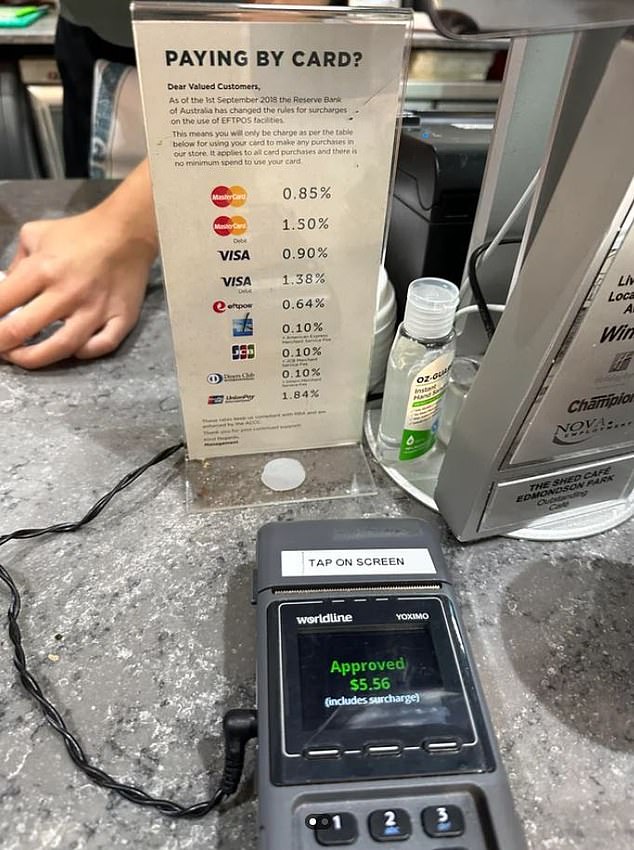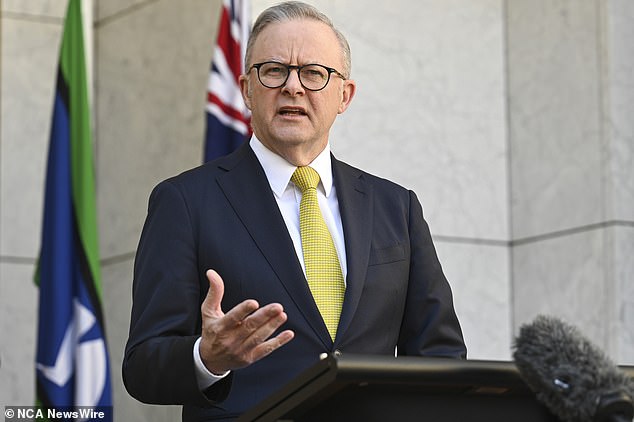Card surcharges will be scrutinized under a crackdown aimed at reducing costs for small businesses and customers, as the federal government threatens an outright ban on debit card fees.
The Australian Competition and Consumer Commission will receive an additional $2.1 million to investigate debit and credit card fees.
As Labor faces going to the polls next year amid a cost of living crisis, the government has announced its latest measure to try to ease the pressure on struggling households.
Treasurer Jim Chalmers said the government was prepared to ban debit card surcharges from early 2026, pending further consultation from the Reserve Bank of Australia.
“Consumers shouldn’t be punished for using cards or digital payments, and at the same time, small businesses shouldn’t have to pay high fees just to get paid,” he said.
“We are prepared to ban debit card surcharges, subject to further work by the Reserve Bank and safeguards to ensure both small businesses and consumers can benefit from lower costs.”
The RBA is responsible for regulating the payments system and is carrying out a review of the costs and surcharges on commercial card payments.
Months ago, National Australia Bank chief Andrew Irvine called surcharges on card purchases outdated and “scandalous.”
He said surcharges may have been justified two decades ago, and that Australia was experiencing a “two-speed economy”.
Prime Minister Anthony Albanese said the government was waiting for the central bank to finish its job.
“My government’s number one priority is easing the cost of living for households and businesses, and this is another step to protect Australians,” he said.
Prime Minister Anthony Albanese said his government’s number one priority was easing the cost of living.

Card surcharges will be examined as part of a campaign to reduce costs for small businesses and customers.
Dr Chalmers said the crackdown was aimed at achieving better conditions for people while promoting a more competitive payments system.
“Consumers shouldn’t be punished for using cards or digital payments, and at the same time, small businesses shouldn’t have to pay high fees just to get paid,” he said.


